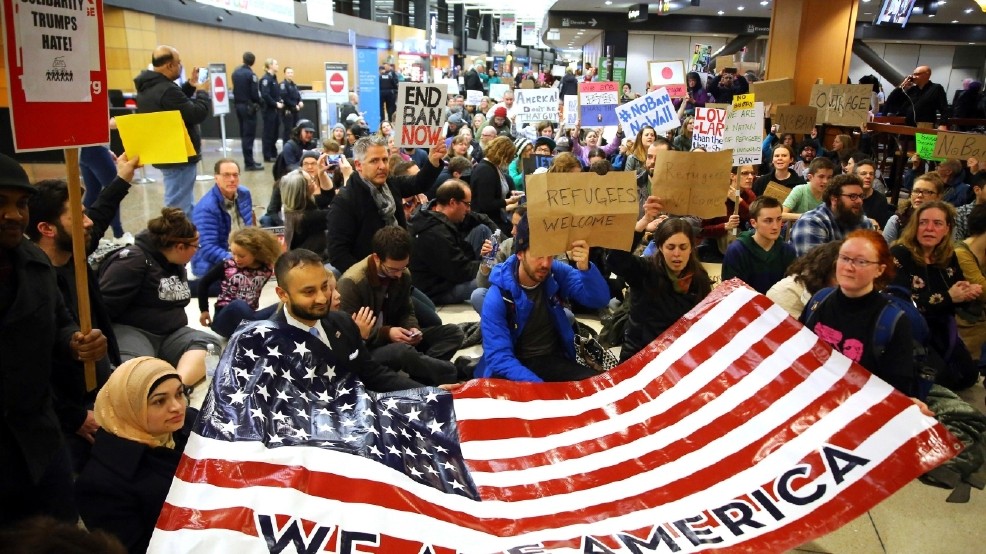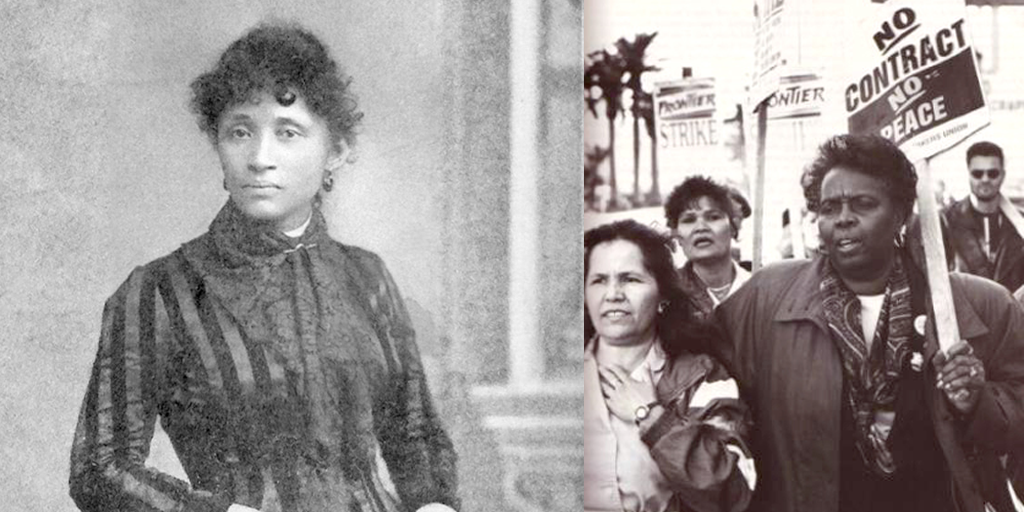Abortion rights, women of color, and LGBTQI+ people are under attack. Pledge to join us in fighting for gender justice.
Black Women Built That: Anna Julia Cooper & Nikole Hannah-Jones
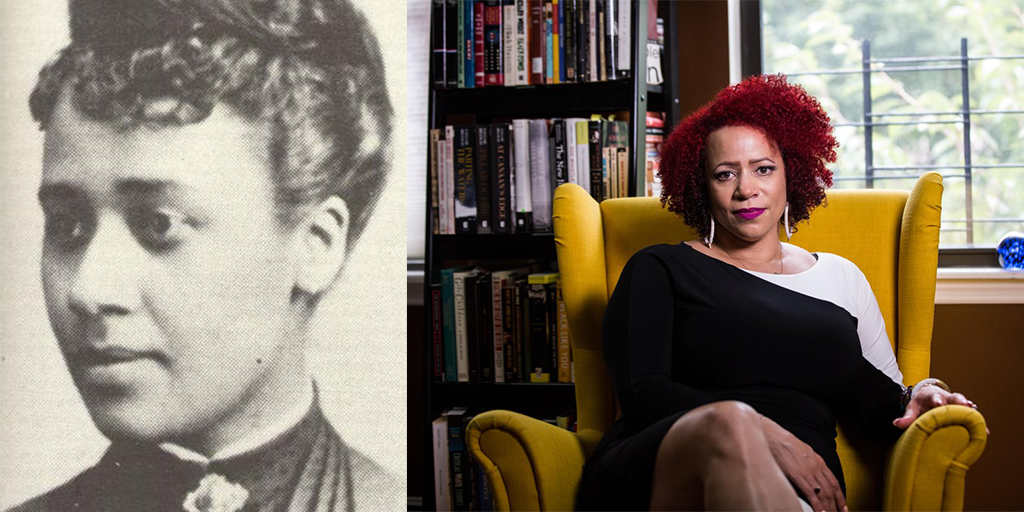
In honor of Black History Month, “Black Women Built That” is a series celebrating Black women leaders who have shaped our social, political and cultural life. Without their contributions, our country would be unrecognizable.
We wouldn’t be here without Black women. None of us. Personally, as daughters of Black women, we would literally not be here if not for our mothers. The labor they spent and sacrifices they made to birth, raise, teach, shape, and guide us is limitless. It can never be quantified. The same goes for this country. Black women built this nation and made room for the freedoms and opportunities we hold dear, all the while facing hatred, bigotry and violence. Actually think about what Black women have accomplished. We imagined and actualized our freedom while in bondage. We raised our community out of pain and suffering and led them to a new way of life. We organized and ushered in civil rights laws and protections for millions. We created new ways to talk, sing, dance, cook, love, and learn. As we proclaimed last year, #BlackWomenDidThat. There’s not a single movement for social and economic justice that we didn’t build in some way. We started at the bottom and now we’re literally here. Oh, and we brought everyone else along with us.
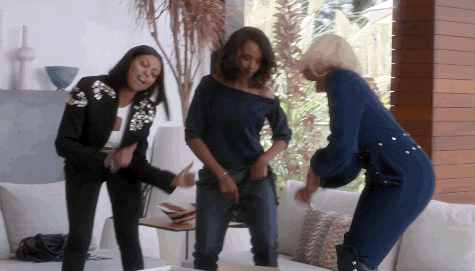
So this Black History Month, we’re going to talk about the women who brought us here. The women who shaped—and continue to shape— our laws, policies, and culture. And because Black History Month is about histories and futures—we’re going to bless your life by celebrating two Black women who rewrote the rules of a system we all depend on—education.
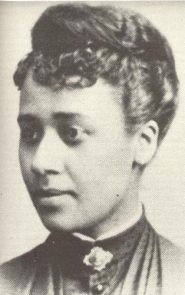
Anna Julia Cooper
Black feminist scholar, educator, and activist
Was there ever a woman as brilliant and unbothered as Anna Julia Cooper? In her 105 years on earth, Anna Julia Cooper managed to redefine educational access and opportunity for Black women and girls. Born to an enslaved mother in 1858, AJC fought tooth and nail to get an education, utilizing petitions and protests to secure the same opportunities as men. She went on to secure her B.A. in 1884 and an M.A. in mathematics in 1887. Like Black women before and after her, she quickly realized that education was one of the surest pathways to freedom and became a teacher and, eventually principal, at the M Street School, an all-Black DC high school. She sent her students straight to prestigious colleges during a time when Black students were barely given a fraction of the support of white students. She built new spaces for Black women–founding the Colored Women’s League of Washington in 1892 and opening the first YWCA chapter for Black women after they refused to let women of color join. Throughout her life, she made it clear that her feminism started with Black women and she infused that principle into everything she did.
“Only the Black woman can say when and where I enter, in the quiet, undisputed dignity of my womanhood, without violence and without suing or special patronage, then and there the whole Negro race enters with me.”- Anna Julia Cooper
She refused to waver as white educators, politicians, and women’s rights activists repeatedly tried to displace or erase Black women from struggles for freedom. She held fast to the idea that Black women are the first and primary drivers of social change and openly confronted institutions and leaders on the racism and sexism that plagued her time. Anna Julia Cooper’s legacy lives on today in our understanding of intersectionality and our advocacy for women and girls of color in education. And her fight isn’t over. Girls of color are still denied their right to equal opportunity in the classroom. Anna Julia Cooper’s battle for equal rights lives on in all of us, and we invoke her spirit every time we come together and say: let her learn.
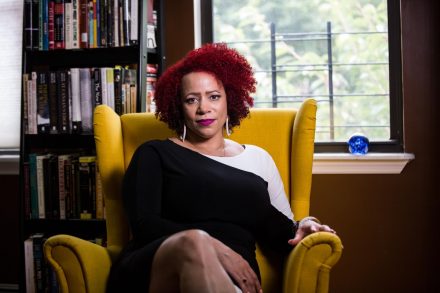
Nikole Hannah-Jones
Investigator, agitator, educator
Most of us are familiar with Ruby Bridges, who showed incredible bravery and resilience when she, at only six years old, was escorted by U.S. Marshalls into an all-white school. This was less than 60 years ago. And one of our favorite voices in education right now, Nikole Hannah-Jones, the 2017 winner of the MacArthur Genius grant, has done the incredible work to remind us that our country does all children an injustice through its system of racially and economically segregated schools.
Racially segregated schools are bad for all students, especially girls. In our Let Her Learn reports, we found that high schools with a population of at least 90 percent students of color (yes, is still a thing) averaged twice as many teachers in their first year of teaching as schools with a population of at least 90 percent white students (also a thing). We also found that girls of color are more likely than white girls to attend schools with fewer math and science classes. Segregated schools aren’t just a holdover from a bygone era; we as a nation are actively making choices and implementing policies that keep our schools this way.
Nikole Hannah-Jones’ reporting on segregation has the ability to rip you apart and make any reader who cares about Black children sad and angry. But it is also a call to action. She gives parents something to do, and activists something to fight for. And she doesn’t just talk the talk; she rises to her own challenge. In other words, she practices what she preaches. Despite the choices of her middle class neighbors to send their children to diverse and economically advantaged schools outside of their neighborhood, she sends her own daughter to a nearby public school that is 91 percent Black and Latinx. She made a difficult decision while setting an example for all parents and she deserves all the praise in the world for it.
“ I was determined not to do what I’d seen so many others do when their values about integration collided with the reality of where to send their own children to school.” –Nikole Hannah-Jones
And similar to Anna Julia Cooper, Nikole Hannah-Jones has created a space to teach, train, and mentor Black students, The Ida B. Wells Society of Investigative Reporting. Rooted in the legacy of anti-lynching activist and journalist Ida B. Wells, the Society of Investigative Reporting works to support and increase the number of reporters and editors of color to make it clear that diverse newsrooms matter. So not only is Nikole Hannah-Jones forcing the country to face its choices that continue segregation, but she’s transforming the way we consume and produce news, and all for the better.
In the words of Nikole Hannah-Jones, “our children know how much we value them by the schools we build for them.” Without these women, we couldn’t have hope for a system for all children. Their commitment to building and creating schools that serve all students is shaping our lives and generations to come. So as Black women fighting for Black girls to get the education they deserve, we salute Nikole and Anna. We’d be lost without you both.




